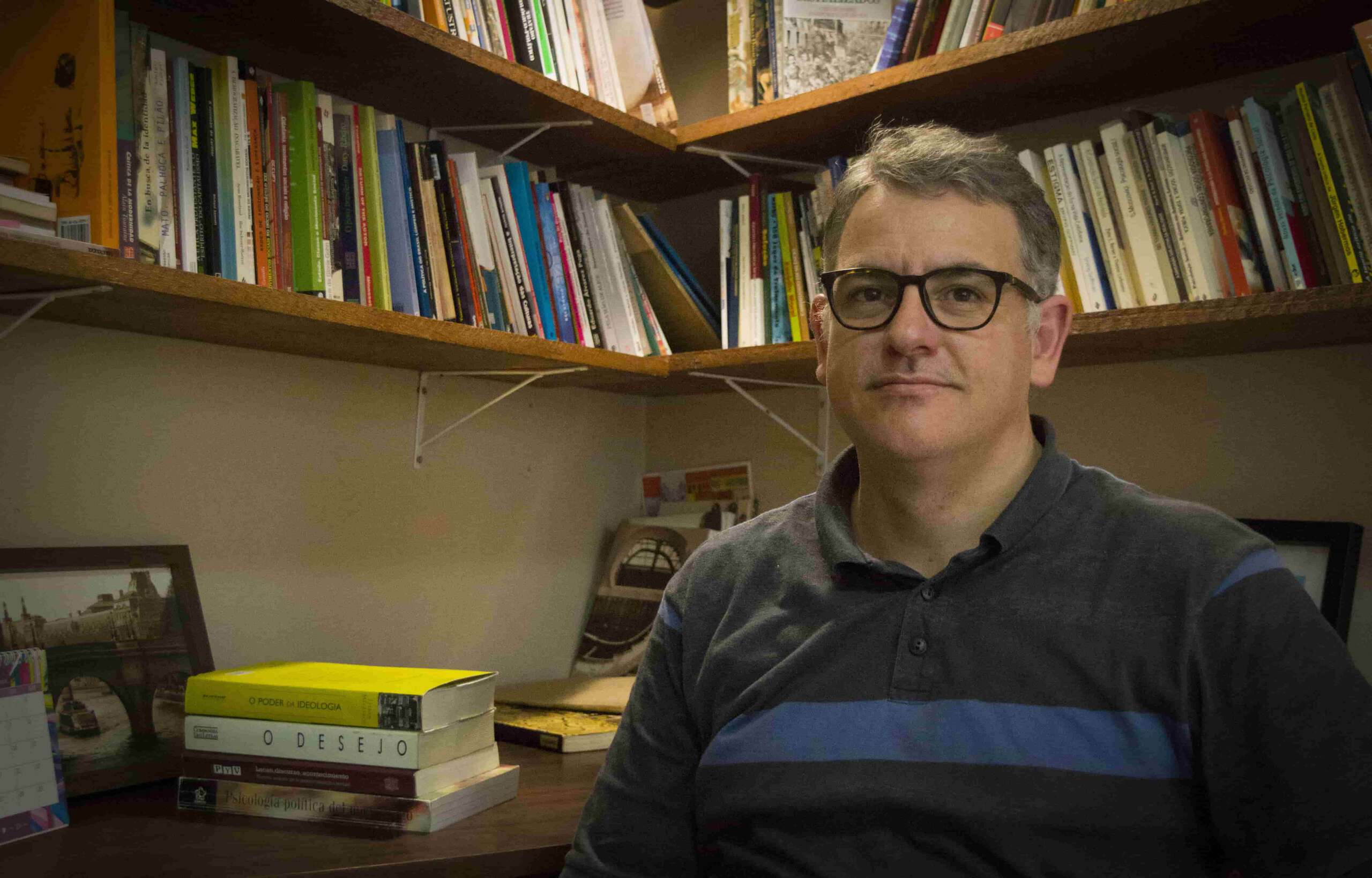The Ghosts of Prejudice
Folk stories and literature itself, especially the book written by Gaston Leroux (The Phantom of the Opera) show us that the vision of a ghost, normally, happens in a certain haunted house, in a certain alley, or as in the case of the Phantom of the Opera, at the opera house of Paris. In these ghostly stories, the narrators usually focus on intriguing details: the ghost’s previous life history, its sorrows, joys, lovers, family, and the like... And, for whatever reason, the ghostly spirit remains in that place haunting and/or seeking revenge.
It is well known that such stories are part and parcel of folklore. However, when someone does happen to pass by a so-called haunted house or place, at even the slightest noise, one very often feels fear or gets the creeps. This is because the human mind quickly concludes that a ghost lives there. In cases when someone says that a ghost has been seen in such and such a place, suspicious glances will surely be cast, for everyone “knows” that ghosts do not exist.
On the other hand, when Sigmund Freud wrote his books about psychoanalysis, he let us know that the human mind creates some kinds of representations which he calls fantasies. These result from one’s life experiences. Some of these fantasies turn into creativity and thus create a variety of artistic and cultural expressions, which may help people become happier.
Nevertheless, Freud draws our attention to the fact that there are some types of fantasies which become true ghosts (sexism, racism, social prejudice, etc.) and that they start to settle in the human psyche. However, psychoanalysis reminds us that these ghosts need to be repressed by the subjects, that is, they cannot be expressed in a given culture as they may hurt the ethics of that social group.
Nonetheless, Freud also tells us that the repressed ghosts may come back from the psyche in order to haunt a community and, in order to “reincarnate,” they need the cooperation of the people who offer their bodies so that the prejudice may be spread. This way, in the return of the repressed, the ghost repressed by the superego comes back when there is a loosening of standards and of cultural laws through which people are allowed to carry out their sexist, racist, prejudiced, etc... In such ghostly rituals, the ghost of prejudice appears as a damned ghost which should be dead but then starts to seduce some and haunt others instead.
Thus, the ghost of sexism, racism, social prejudice, etc… transforms reality into a haunted house, that is, the latter becomes the place where all sorts of slumbering ghosts of a certain culture take to terrorizing and causing sorrow in people’s lives. This way, the prejudiced ones, very often, turn human life into a horror scene, hurt others with words, use cruel forms of treatment such as creating outcasts, and in many cases, use even physical violence in order to show contempt for gays, lesbians, black people, Jews, the poor, immigrants, ... as if these people bore some kind of serious illness.
In this sense, in my work as a psychoanalyst, I hear from my patients that many of their relatives and friends start treating them with contempt when they come out as gays, lesbians, transexuals, etc. They start persecuting them as if they were doing something wrong or forbidden. The way they are treated in their families and in society is the cause of much sorrow. These patients become involved with the construction of collective spaces so that they can talk about their life histories and try to overcome their pain and thus to be able to fight for their rights. Thus, the psychoanalyst’s office becomes an important space to listen and treat these many forms of suffering.
We also acknowledge that it is necessary that each country develops public policies that recognize this kind of suffering which is being inflicted upon gays, lesbians, blacks, the poor, immigrants, etc. and that these policies would ideally help them to overcome their hardships. Such policies should also create public spaces for these people to speak and to be welcomed. These public policies also would serve the purpose of making laws and norms that would govern the return of repressed ghosts that insist on making an appearance in many capitalist societies.
One cannot treat this kind of ghost as if it were simply inherent in a country's culture. Thus, it is necessary that all people, whether victims of prejudice or not, support or organize social movements, political parties, unions and other types of groups which battle against prejudice and stop it from simply being taken for granted as part of reality. After all, ghosts do not exist. Seen in this light, these organizations and groups should also promote the creation of opportunities for all people with all their differences to be respected -especially those who grieve the most from the social rejection that the ghost of prejudice brings about.
For further reading:
Derrida, J. (1994). Specters of Marx. Routledge.
Žižek, S. (1997). The Plague of Fantasy. Verso.

Write comment
Your email address will not be published. Comments are published only after moderation.
Comments ()